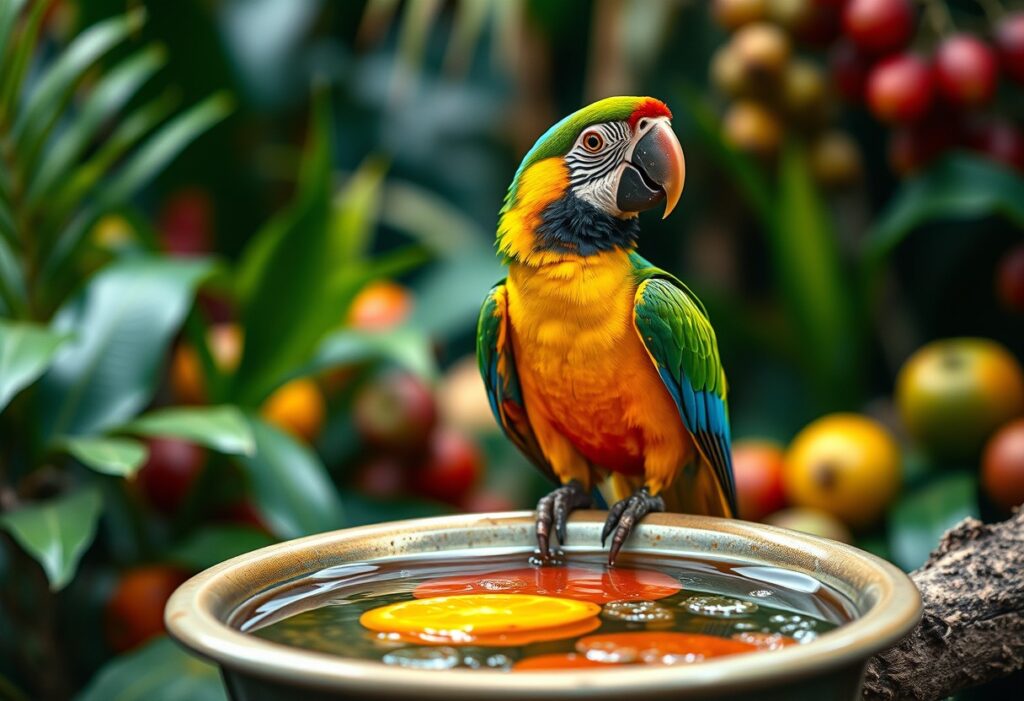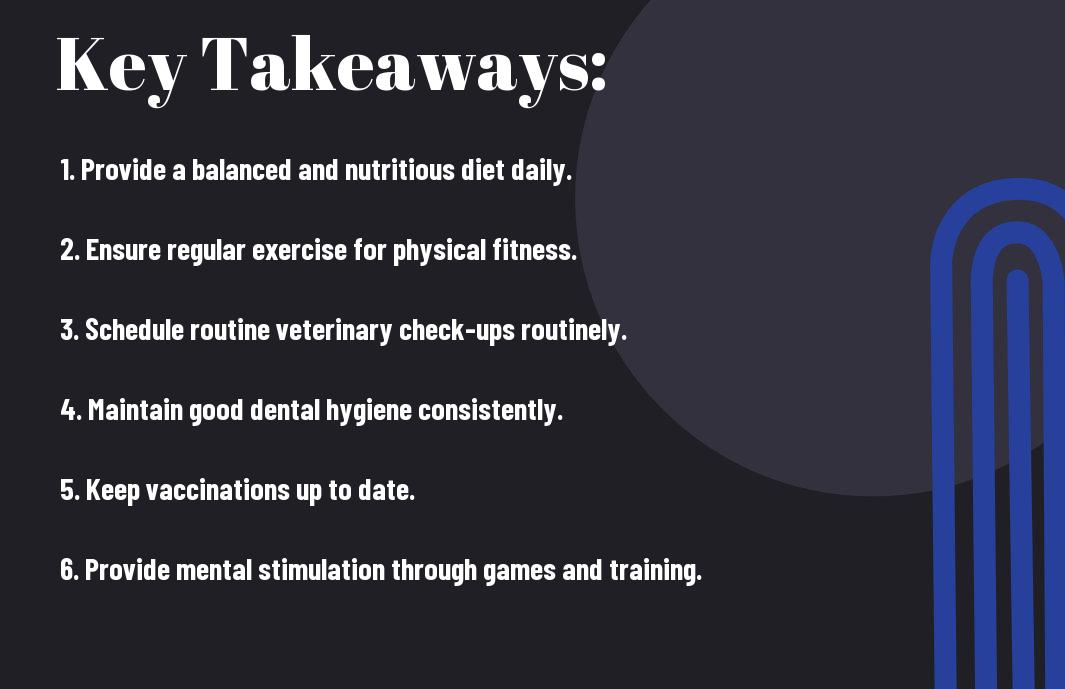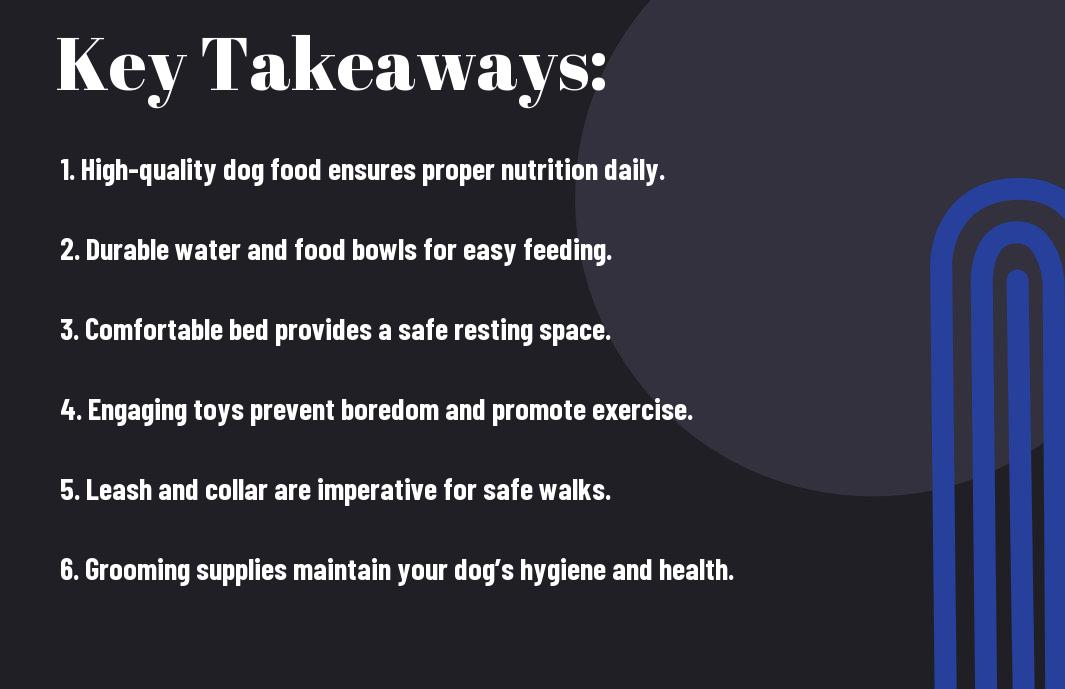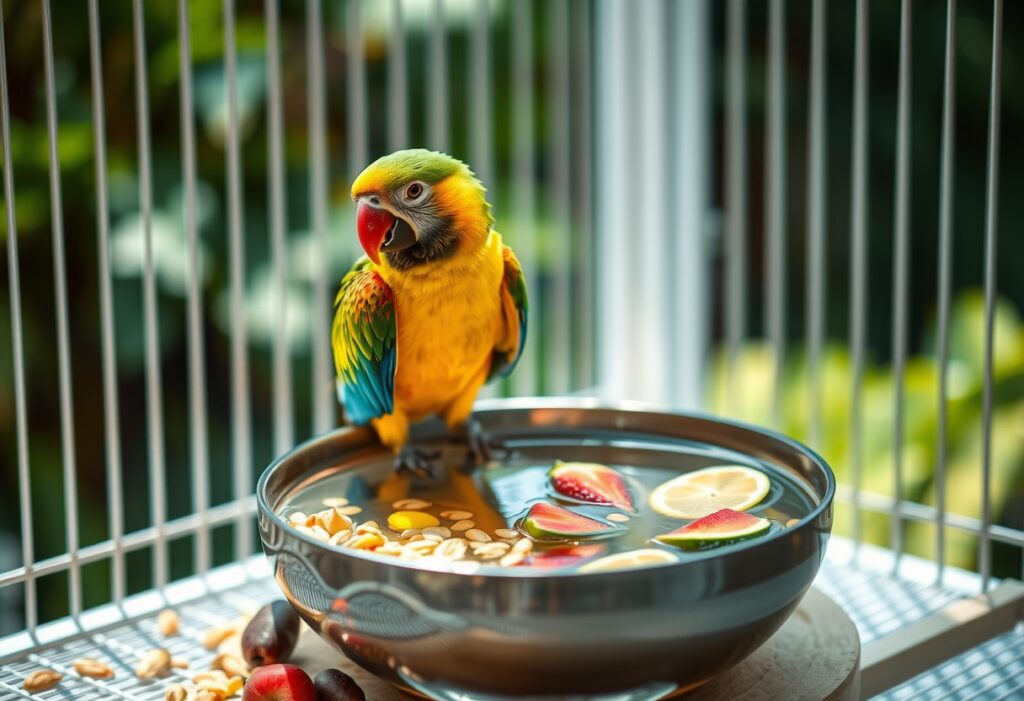With the imperative role that water plays in the overall health of your bird, it’s critical to understand its significance in your pet’s diet. Just like humans, your feathered friends require adequate hydration to maintain vital bodily functions, support digestion, and help regulate temperature. Inadequate access to water can lead to serious health issues such as dehydration and kidney failure, which can be fatal. By ensuring your bird has constant access to fresh water, you can promote a longer, healthier life for your avian companion.
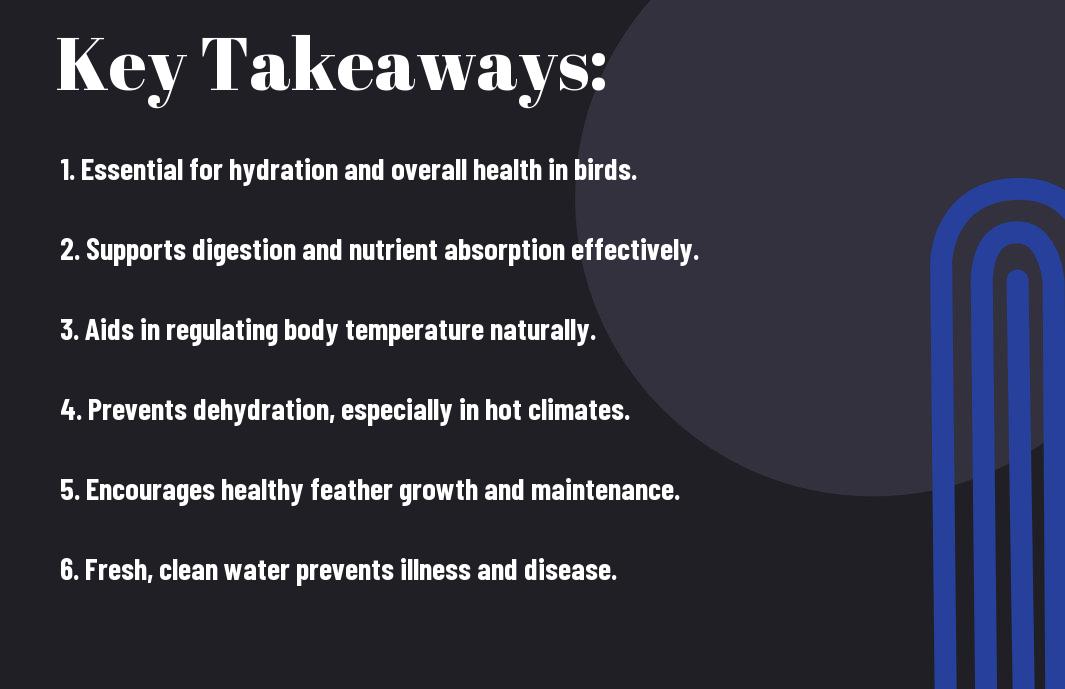
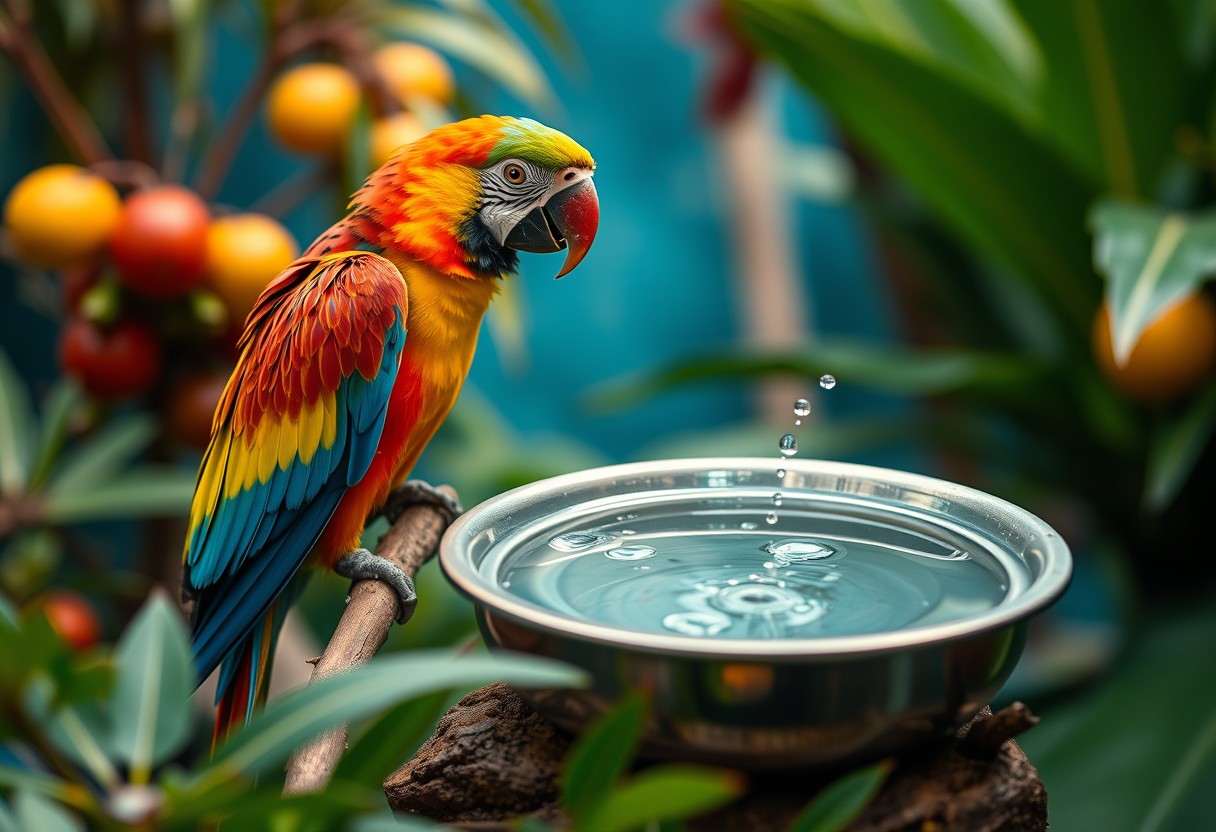
The Role of Water in Avian Physiology
Before delving into the specifics of how water benefits your bird’s health, it is necessary to understand its fundamental role in avian physiology. Water is not just a thirst-quencher; it is a critical component that supports various bodily functions necessary for your bird’s overall well-being. Ensuring that your feathered friend has access to fresh, clean water can significantly influence their health and longevity.
Hydration and Metabolism
Physiology aside, hydration is pivotal for maintaining optimal metabolic functions in your bird. Without adequate water intake, your bird may experience a decrease in energy levels and slower metabolic rates. This can hinder their ability to process nutrients effectively, leading to potential health issues over time. Dehydration can manifest quickly in birds, as they can lose body fluids through urination, respiration, and even feather maintenance. Therefore, it is crucial to monitor your bird’s water intake, especially during warmer months when they may require more hydration.
Thermoregulation
Any bird owner knows that keeping your feathered friend comfortable during varying temperatures is vital for their health. Water plays a significant role in thermoregulation, which is the process by which your bird maintains its internal body temperature. Birds can only tolerate small fluctuations in temperature, and water helps to facilitate the cooling effects of evaporation from their skin and respiratory surfaces. When adequately hydrated, your bird can efficiently regulate its temperature, preventing excessive heat stress or freezing in colder conditions.
Water helps your bird manage its body temperature better by supporting physiological mechanisms that promote heat dissipation. It is particularly important during the summer months when birds can easily overheat. Providing a shallow dish of water for bathing or ensuring access to misting can aid in keeping your bird cool and comfortable.
Digestive Health
Hydration is likewise necessary for your bird’s digestive health. Water aids in the breakdown of food, allowing your bird’s body to absorb nutrients more effectively. Inadequate water intake can lead to constipation or the formation of hard pellets, which can create discomfort for your bird and hinder their ability to digest food properly. This puts your bird at risk of nutrient deficiencies and a host of gastrointestinal issues that can have long-term health implications.
Moreover, proper hydration ensures the smooth functioning of your bird’s gizzard and ensures that the digestive process runs efficiently. A well-hydrated bird is less likely to suffer from digestive stagnation, which can lead to weight loss and other serious complications.
Digestive health is fundamentally linked to water intake, and providing your bird with easy access to water not only promotes good digestion but also enhances their quality of life overall. Be mindful of, a small change in their water availability can make a significant difference in their digestive wellbeing.
Sources of Water for Birds
Assuming you are caring for birds, whether in your backyard or as pets, understanding the sources of water available to them is crucial for their health and well-being. Water is a vital component of their diet, not just for hydration, but also for aiding in digestion and maintaining a healthy feather condition. Making sure your birds have access to clean and safe water sources is paramount to preventing dehydration and related health issues.
Natural Water Sources
With countless birds thriving in their natural habitats, they utilize various natural water sources such as streams, ponds, and rainwater to meet their needs. These birds often have a developed instinct to find water in their surrounding environment, taking advantage of natural rainfall or melted snow. In areas where these resources are abundant, birds are typically less reliant on supplemental water sources.
However, it is important to recognize that not all natural water sources are safe. Contaminated water can be detrimental to a bird’s health, leading to illnesses and diseases. For this reason, you should always ensure that your birds have access to clean, safe water if you live in an area where natural sources may be polluted.
Fresh Water Availability
With the increasing urbanization and changes in habitat, fresh water availability for birds can sometimes be a challenge. In many case, bird feeders and water baths can serve as crucial resources in your backyard. Providing a consistent supply of fresh water is vital, especially during dry spells or in environments that may not boast natural water sources.
Additionally, ensuring that the water is refreshed regularly is crucial to prevent algae growth or mosquito breeding, which can present further hazards to birds. By providing constantly clean water, you help create a safe haven for your feathered friends.
For instance, you might consider setting up a simple birdbath, complete with a solar-powered fountain to keep the water circulating and clean. This will not only provide your birds with a necessary drinking source but also create an attractive space in your yard that encourages more birds to visit.
Water in Bird Feed
Birds also obtain some of their required water intake through moisture in their food. Many seeds, fruits, and insects carry water content that can significantly contribute to a bird’s overall hydration. For instance, fruits like watermelon and berries are particularly beneficial, offering both hydration and crucial nutrients.
It’s crucial to remember that while food sources contribute to your bird’s water intake, they should not be the sole providers of moisture. You must still prioritize fresh, clean water as a primary source of hydration, especially in varied climates or during seasonal changes.
Sources like fresh greens, fruits, and vegetables not only provide crucial nutrients but can also keep your birds hydrated. Birds typically enjoy foods with higher water content in their diet, further underscoring the importance of providing a balanced menu that includes moist foods along with their primary sources of water.
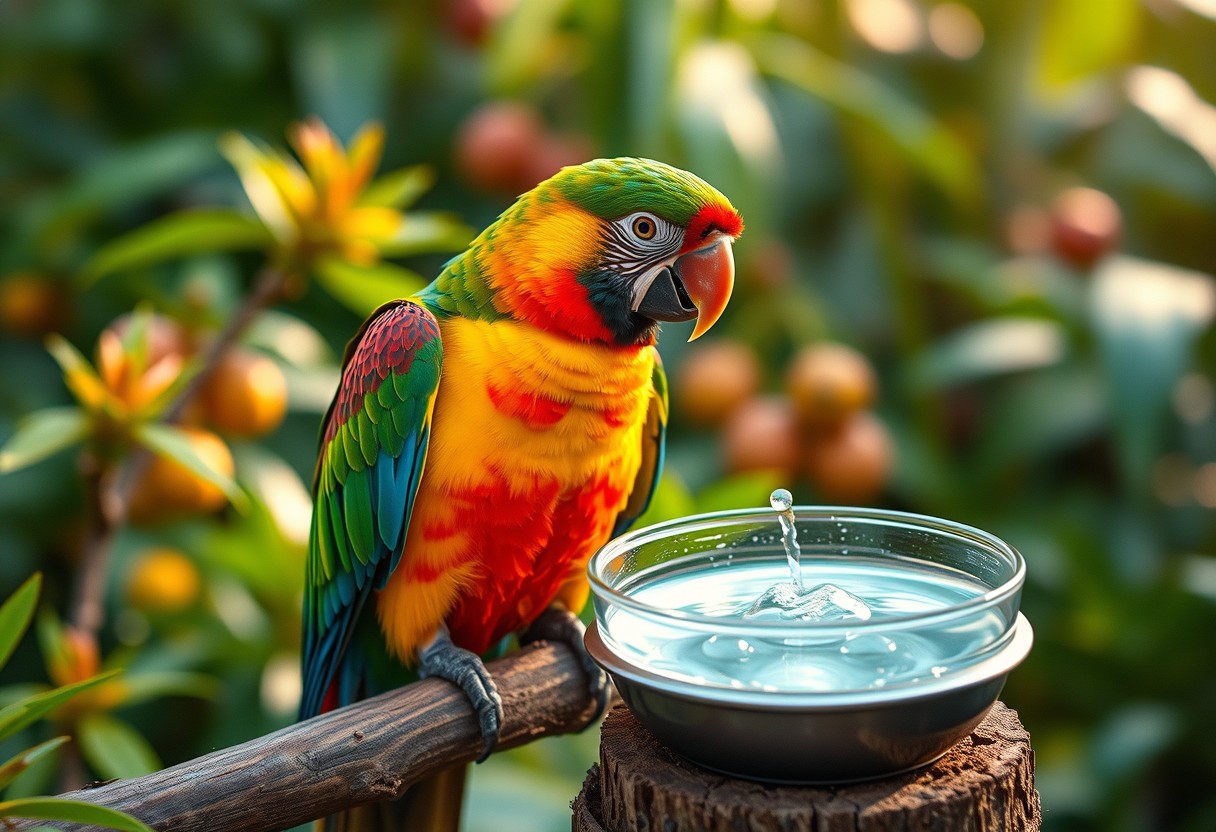
Signs of Dehydration in Birds
Keep a close eye on your bird’s behavior as this can reveal important signs of dehydration. A change in your bird’s usual behavior can signal that something is amiss. For example, if your feathered friend appears more lethargic than usual, is less active, or is spending more time sitting on the bottom of their cage, these may be warning signs. Additionally, if your bird is vocalizing less or seems to be exhibiting a more withdrawn demeanor, these changes could indicate that they are not properly hydrated.
Behavioral Indicators
To better understand your bird’s hydration status, observe their eating habits closely. A dehydrated bird may show a decreased appetite, often refusing their favorite foods or showing little interest in snacks. If you notice your bird is forgoing their daily meals or is only eating small amounts, this is an important behavioral indicator that should not be ignored. Furthermore, excessive preening or a lack of social interaction can also point towards dehydration, as your bird might be feeling unwell.
Physical Symptoms
With a keen eye on your bird’s physical state, you should also watch for specific physical symptoms that may indicate dehydration. One prominent sign is a dry or flaky texture to their skin or feathers. You may also notice that your bird’s eyes appear sunken or dull instead of vibrant and alert. Additionally, check their droppings; if they are notably smaller or drier than normal, this could signal insufficient fluid intake.
For instance, changes in feather condition might also provide insight into your bird’s hydration levels. Dehydrated birds may exhibit ruffled feathers, a loss of luster, or uneven feather growth. These changes can have a profound effect on your bird’s overall health. It’s imperative to recognize these signs early so you can take appropriate action to address their hydration needs.
Long-term Effects
Behavioral signs of prolonged dehydration can escalate, affecting various aspects of your bird’s well-being. Over time, chronic dehydration can lead to significant health issues such as kidney damage, weakened immune response, and increased susceptibility to illness. The stress and discomfort caused by dehydration can lead to further behavioral changes, including aggression or increased anxiety, which can detrimentally impact your overall relationship with your pet.
Effects of long-term dehydration can be quite severe, as it can hinder your bird’s ability to thrive. Continued lack of water can result in weight loss, lethargy, and a shorter lifespan. It’s imperative to ensure that your bird has access to fresh, clean water at all times, as their health and quality of life depend on it. Taking the time to monitor both behavioral and physical signs can help prevent these dangerous consequences and keep your avian companion healthy and happy.
To wrap up
From above, it is clear that water serves as a vital component of your bird’s diet, influencing their overall health, hydration levels, and digestive efficiency. Just as you prioritize the quality of food you consume, you should also ensure that your feathered companion has access to clean, fresh water at all times. Understanding the specific hydration needs of your bird species can help you maintain their wellbeing, as some might require more water than others due to factors such as size, activity level, and environmental conditions.
Incorporating a proper hydration regimen, along with a balanced diet, not only enhances your bird’s quality of life but also promotes longevity. By being attentive to your pet’s water intake and recognizing any changes in their drinking habits, you empower yourself to respond promptly to potential health issues. Making informed choices about your bird’s hydration can lead to happier, healthier avian companions that thrive in your care.
FAQ
Q: Why is water necessary for my bird’s health?
A: Water is crucial for maintaining a bird’s overall health and well-being. It plays a vital role in various bodily functions, including digestion, nutrient absorption, and temperature regulation. Birds that are adequately hydrated are less susceptible to dehydration-related issues, such as kidney failure and systemic infections. Moreover, water helps to keep their feathers in good condition, allowing for proper insulation and buoyancy during flight.
Q: How much water should I provide for my bird daily?
A: The amount of water your bird needs can vary based on its species, size, activity level, and diet. However, a good rule of thumb is to ensure that your bird has constant access to fresh, clean water. For many pet birds, it’s advisable to refill their water container daily and to observe their drinking habits. If you’re not sure if your bird is drinking enough, monitor their droppings for signs of dehydration, such as dry or hard feces.
Q: Can the type of water provided affect my bird’s health?
A: Yes, the type of water can have an impact on your bird’s health. It’s best to provide filtered or distilled water to avoid any harmful contaminants found in tap water, such as chlorine and heavy metals. Additionally, water from natural sources should be avoided unless it’s been tested for safety. Always ensure that the water is free from bacteria by cleaning the water container regularly and replacing the water daily to promote optimal hydration.
